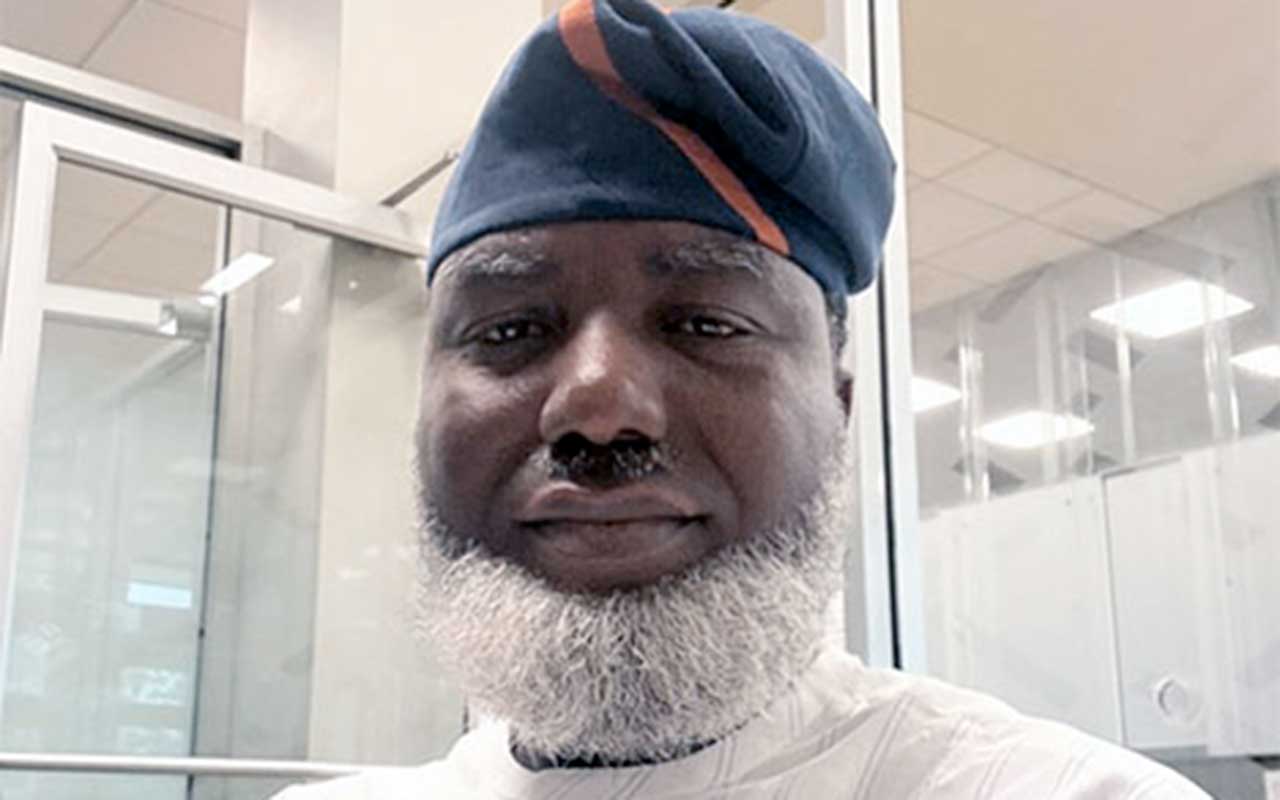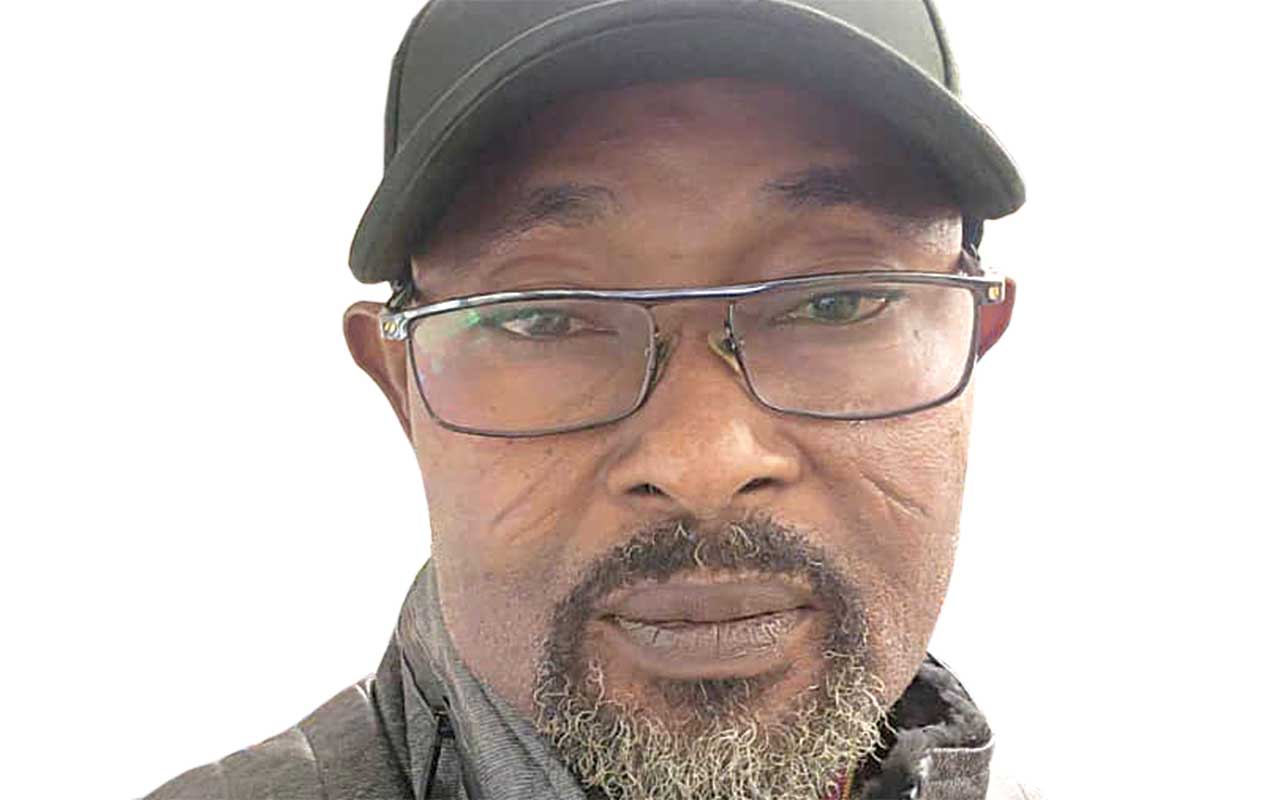Prince Adebanjo Adejuwon is the GMD/CEO of MBH Global Resources. He is a U.S.-based sustainability advocate with a background in business administration, management, and agriculture. His passion for environmental conservation was shaped during his childhood in Ijare, Ondo State, where he witnessed widespread deforestation without regeneration. This experience, combined with his entrepreneurial and agricultural expertise, inspired him to establish MBH Global Resources as a platform to regenerate Africa’s forests, restore degraded lands, and empower communities through sustainable solutions.
Adejuwon’s commitment to supporting Nigeria’s effort on green revolution no doubt is Africa’s leading catalyst for forest regeneration and sets a benchmark in sustainable land management and climate change advocacy.
In an interview with select journalists, he spoke glowingly on Sustainable Forest Management (SFM), considered as a holistic approach to managing forests that balances environmental protection, social needs, and economic growth. He also emphasised that the core principle of SFM is to meet the needs of the present without compromising the ability of future generations to meet their own needs. The Guardian’s GBENGA AKINFENWA was there.
What is MBH Global Resources about and what inspired this move?
MBH Global Resources is an environmentally focused enterprise leading large-scale forest regeneration and land restoration. It is currently operating within the Southwest region of Nigeria with intention to go further beyond.
Through agroforestry, economic tree farming, consulting, and nursery operations, the company aligns with climate-smart practices and global ecological goals. By working with governments and private partners, MBH Global Resources transforms degraded landscapes into ecosystems that support biodiversity, secure livelihoods, and drive long-term climate resilience.
The founding of this enterprise was borne out of my passion for environmental conservation, which was shaped during my childhood in Ijare, Ondo State, where I witnessed widespread deforestation without regeneration. This experience, combined with my entrepreneurial and agricultural expertise, inspired me to establish MBH Global Resources as a platform to regenerate Africa’s forests, restore degraded lands, and empower communities through sustainable solutions.
Can you enumerate some of your aims?
Our aims include promotion of Sustainable Forest Management (SFM) – balancing environmental, social, and economic needs, while safeguarding forests for future generations; scaling afforestation and reforestation – restoring degraded lands through tree planting, biodiversity enhancement, and carbon sequestration; advancing climate-smart agriculture – integrating ecological land use with sustainable farming systems that build resilience and food security; and engaging end users through green solutions.
We also aim at reducing deforestation by providing sustainable alternatives that support livelihoods and cultural values; fostering international partnerships – collaborating with governments, global stakeholders, and the private sector to scale ecosystem restoration.
SFM goes beyond harvesting trees; it emphasises stewardship of the entire ecosystem, ensuring that forests remain healthy, diverse, and productive for the long term. The idea of embracing tree planting to save forests, tackle land deforestation and sustain the greener future has become a global phenomenon.
At what stage did your company conceive the idea of tree planting?
The vision for tree planting emerged in response to global climate agreements such as the Paris Accord of 2016. Building on agricultural expertise and entrepreneurship, MBH Global Resources launched its initiatives five years ago. Since then, it has advanced forest regeneration projects, collaborated with governments on reforestation goals, and mobilised investments for climate-smart development.
Like other countries on the continent, millions of Nigerians don’t have access to clean cooking, which contributes to deforestation through fetching of firewood. How can this end?
Energy poverty remains a root cause of deforestation. MBH Global Resources promotes clean cooking technologies and renewable alternatives while scaling afforestation projects. By offering end users practical green solutions and reducing reliance on firewood, the company addresses both environmental degradation and social needs.
You founded this company about five years ago, what are your achievements so far?
Beginning with family-owned land at Oreseun Ijare, in Ifedore Local Council of Ondo State, MBH Global Resources has grown into a regional leader in reforestation. Our landmark achievement is a Public-Private Partnership with Ondo and Ekiti states, restoring over 1,000 hectares of degraded land through planting thousands of economic trees. This initiative combats deforestation, creates jobs, protects biodiversity, and strengthens rural economies, demonstrating a scalable global model.
What are the economic implications, benefits and the sustainability of the projects?
Sustainable forestry creates both ecological resilience and economic opportunities. By engaging communities in tree planting and agroforestry, MBH Global Resources provides jobs, enhances food security, and generates long-term industrial value.
Species like Melina, Teak, Afara, Obese, Opepe, Iroko and so on are used in industries ranging from paper to furniture. Though capital-intensive, such projects attract sustainable investments, proving that environmental stewardship and economic growth go hand in hand.
The trees planted by MBH Global Resources generate significant economic returns. Melina trees can be used in paper and other industries within three to four years, while hardwoods such as Iroko provide valuable timber over longer cycles. Diversifying tree species ensures continuous supply, supporting industries while maintaining ecological balance.
How do you get the seeds to do all these things?
Seeds are sourced from established nurseries and plantations. Some of the earliest farms managed by MBH Global Resources now produce their own seeds, ensuring sustainability and reducing reliance on external suppliers.
Tree planting is capital intensive, and a long-term project. With the difficulty in getting the commitment of government, how do you get private investors to buy into this idea?
MBH Global Resources encourages investment by offering scalable, lower-risk models. Rather than funding from the beginning, investors can buy into established plantations with proven survival rates.
This ensures predictable returns, while advancing long-term forest regeneration.
The primary challenge is early-stage investment, as young plantations require high maintenance. MBH Global Resources builds investor confidence by showcasing successful projects, ensuring transparency, and demonstrating forestry’s long-term economic and environmental returns.
You have carried out two successful tree planting projects in Ondo and Ekiti states. Do you have any plan to expand your tentacles to other states?
Yes. MBH Global Resources has proposals with several southern states and is preparing to expand into northern regions where deforestation is more severe. Using irrigation and sustainable technologies, the company aims to scale its restoration projects nationwide and across Africa.
Vice President Kashim Shettima recently raised the alarm over Nigeria’s forest depletion. What effort is MBH Global Resources making to involve the Federal Government?
MBH Global Resources aligns with national sustainability goals and promotes forestry as an economic engine. Drawing inspiration from countries such as Vietnam, Brazil, and Ethiopia, the company advocates for Nigeria to industrialise its forests, generating revenue, jobs, and resilience.
There is a plan on ground to collaborate with institutions offering forest-related courses in order to build capacity and provide end users with training, internships, and career development opportunities, thereby preparing a new generation of sustainability professionals.
On a final note, what is your message to stakeholders?
MBH Global Resources calls on governments, private investors, and international organisations to support large-scale forest regeneration with policies, equipment, and collaboration. Restoring ecosystems is a global responsibility, and with collective effort, biodiversity can be protected, economies strengthened, and a sustainable future secured for generations to come.





